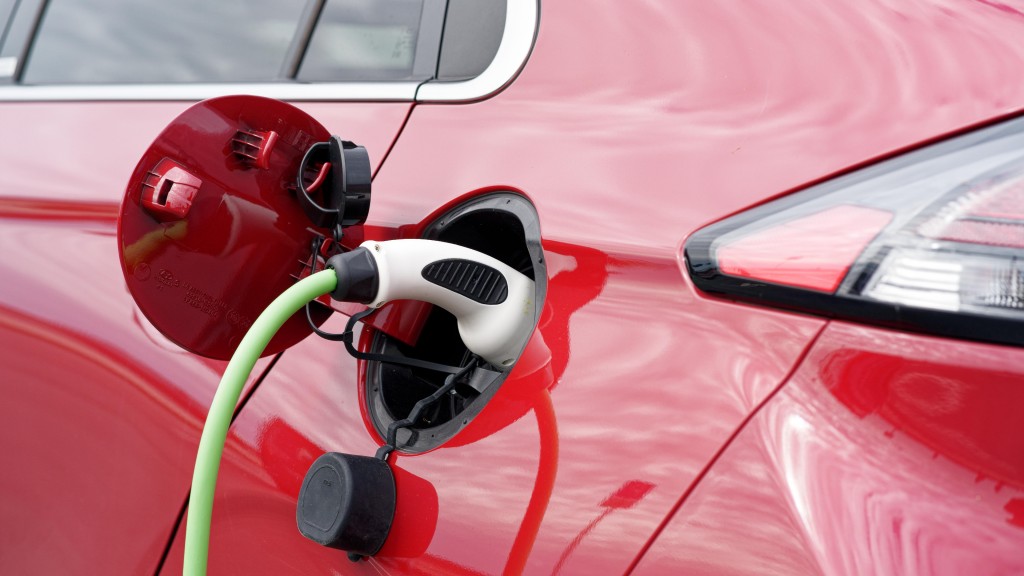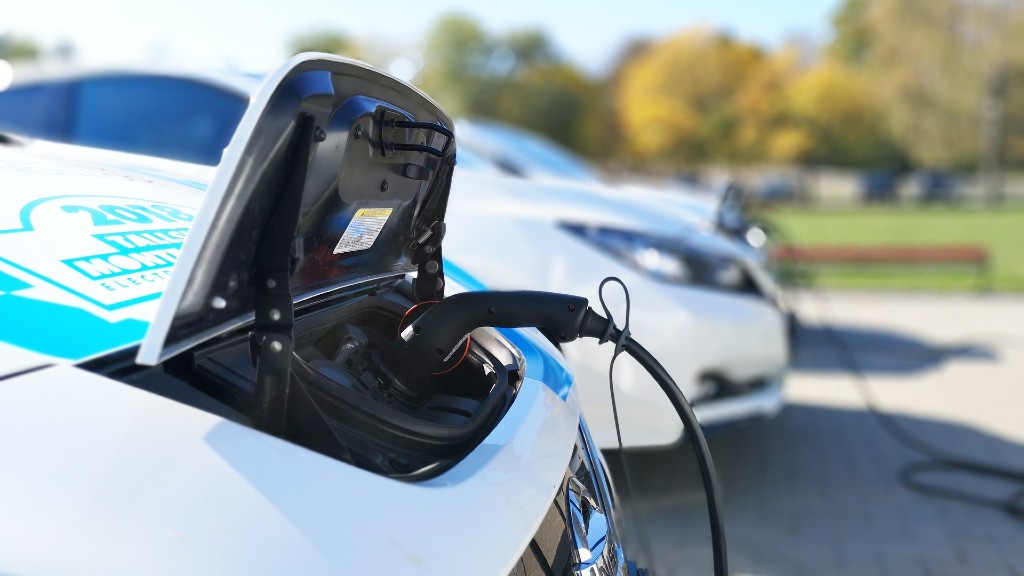
Cirba Solutions is a recipient of the first set of projects funded by U.S. President Biden's Bipartisan Infrastructure Law to expand U.S. manufacturing of batteries for electric vehicles and the electrical grid, with a focus on U.S. processing of materials and components currently imported from other countries. Responsible and sustainable U.S. sourcing and processing of the critical materials used to make lithium-ion batteries will strengthen U.S. supply chains and accelerate battery production to meet increased demand.
Cirba Solutions' Department of Energy funding is the first phase of over $7 billion in total funding provided by the U.S. Bipartisan Infrastructure Law for the battery supply chain. DOE's Office of Manufacturing and Energy Supply Chains (MESC) is responsible for strengthening U.S. manufacturing and energy supply chains. MESC will manage the portfolio of projects with support from DOE's Office of Energy Efficiency and Renewable Energy's Vehicle Technologies Office.
Cirba Solutions will receive approximately $75 million in federal funds to expand critical mineral upgrading assets at its lithium-ion processing facility in Lancaster, Ohio. At full operation, the estimated 150,000-square-foot facility will produce enough battery-grade critical minerals used in cathode production to power more than 200,000 new electric vehicles (EVs) annually. Cirba SOlutions says that the Lancaster facility will become one of the largest commercial-scale battery recycling facilities in North America.
Prior to this federal funding award, Cirba Solutions committed to investing more than $200 million to expand the Lancaster, Ohio facility.
The facility will collect, disassemble, shred, and upgrade the critical minerals from lithium-ion batteries to be reused to produce new lithium-ion batteries.
In September 2022, Cirba Solutions released plans to construct a 75,000-square-foot facility in Eloy, Arizona to recycle lithium-ion batteries. The Eloy facility is expected to process enough battery material to power 50,000 EVs annually. The company aims to increase its lithium-ion battery processing capacity by approximately 600 percent over the next few years and open several new processing facilities throughout North America. Currently, the company has six active facilities processing all battery chemistries.



